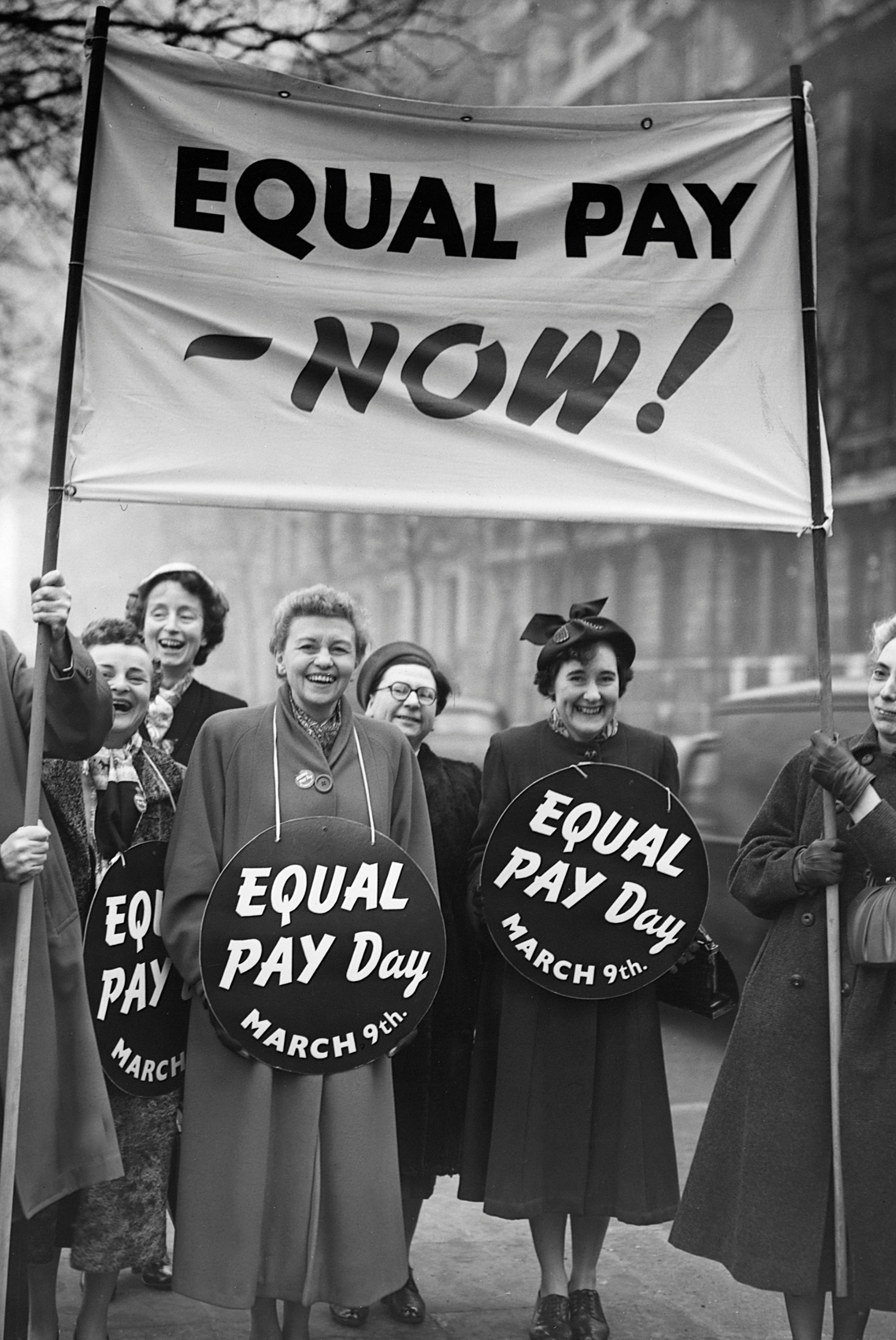Landing a job at Channel Four News in the UK was a dream for me, back in 2007. The hour-long nightly program was known for original stories, breaking news, and setting the agenda.
Its reporters were fearless; they challenged governments, confronted those in authority and surprised and respected their viewers.
Channel Four is owned by ITN and at the time more than 40 per cent of its staff were women. We women worked at every level of the organisation. We spoke up at the editorial meetings, leaned in for our colleagues, and set the agenda for coverage. We had role models in one another and we juggled with the best of them. Kids, relationships, big loves, sharp losses, quick skills, occasionally inflexible bosses, and great, great stories to tell.
In 2018, new laws came into force that compelled any UK company with more than 250 employees to publish information about the gender pay gap among their employees – and we were unprepared for the figures that were released. After all, our international editor, business editor, foreign editor, deputy editor, social affairs editor? All women! We were punching high, but as it turned out, they were paying low.
On the day the figures were released, the news came via an all-users email. (Note the personal touch.) Nothing to see here, just a NEARLY TWENTY PER CENT MEAN PAY GAP between the ladies and the fellas.
And breathe.
THAT WAS TWICE THE BBC GAP.
Breathe.
We were punching high, but as it turned out, they were paying low
As everyone in the newsroom opened the email, women began locking eyes with one another above their workstations. The shock and betrayal were palpable.
To a person, we’d worked hard to achieve the positions we had: we were proud of our skills, and the work we delivered every day, under considerable pressure. No one had higher expectations of us than we did of ourselves.
But all the time we women had been delivering and excelling – all those long, 12-hour days, under all that stress – our employers were quietly paying us less. Just because they could.
Next week, for the first time in Australia, businesses in the private sector with 100 or more employees will be compelled to release their gender pay gap statistics. That means that next week we will see exactly which companies talk the “female empowerment” talk and which ones actually walk the walk.
It also means that, in offices across Australia, numerous women will experience those same feelings of shock and betrayal when they discover similar-sized pay gaps within their own organisation.
We will see exactly which companies talk the “female empowerment” talk and which ones actually walk the walk
In the UK, the fall-out from the pay-gap revelations was significant. There was a reckoning; women resigned. Over at the BBC, one of its most high-profile women journalists, Carrie Gracie, stepped aside as China editor in protest. As it turned out, of the BBC’s four international editors (two men and two women), the men earned at least 50 per cent more than the women. Ultimately the BBC apologised, and gave Gracie back pay, which she promptly gave to a women’s rights charity.
At my employer, ITN, furious employees grilled the CEO at a public forum. When he blamed the gap on women failing to ascend to management, and the high salaries attached, his staff called him out. Why were women not ascending to management?
If in the wake of next week’s news, you find yourself employed today by a company that doesn’t value you enough to pay you properly, now is the time to demand change.
But the onus isn’t simply on women to demand change; this is also an opportunity for men to speak up.
On the day the gender pay gap figures were released, one male senior colleague took matters into his own hands. After reading that women at ITN were being paid 20 per cent less, he wrote his own salary on a post-it note and stuck it to his office door. If any women needed to know what he was being paid, he declared, then here was the figure.
But the onus isn’t simply on women to demand change; this is also an opportunity for men to speak up
Other male colleagues also rallied around. I received an email from another fellow reporter checking I knew what he earned. Our male bosses may have been content to underpay us, but at least many of our colleagues had the good grace to feel a sense of shame, and act like allies.
Women in the workforce have come a long way in recent decades. It’s astonishing to consider, that in 1950s regional NSW, my mum was forced to leave her job as a secretary at the local council when she married my dad, because the council didn’t employ married women.
But the chauvinistic impulse that shut down her opportunities for work is still at play. It penalises women who’ve done everything and more to find a position in a competitive work environment, by valuing them less than their male counterparts. Literally.
This week, it feels to me, the Workplace Gender Equality Agency is about to slap a post-it note on the doors of Australia’s major companies, so we can all have a good look, and demand our fair equivalence. Or more.
Want more stories like this? Sign up to PRIMER’s weekly newsletter













No Comments